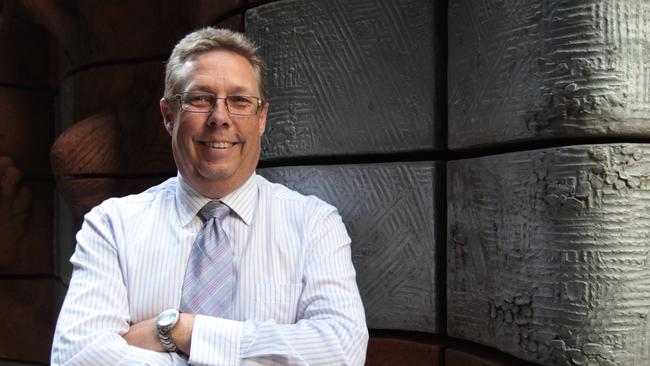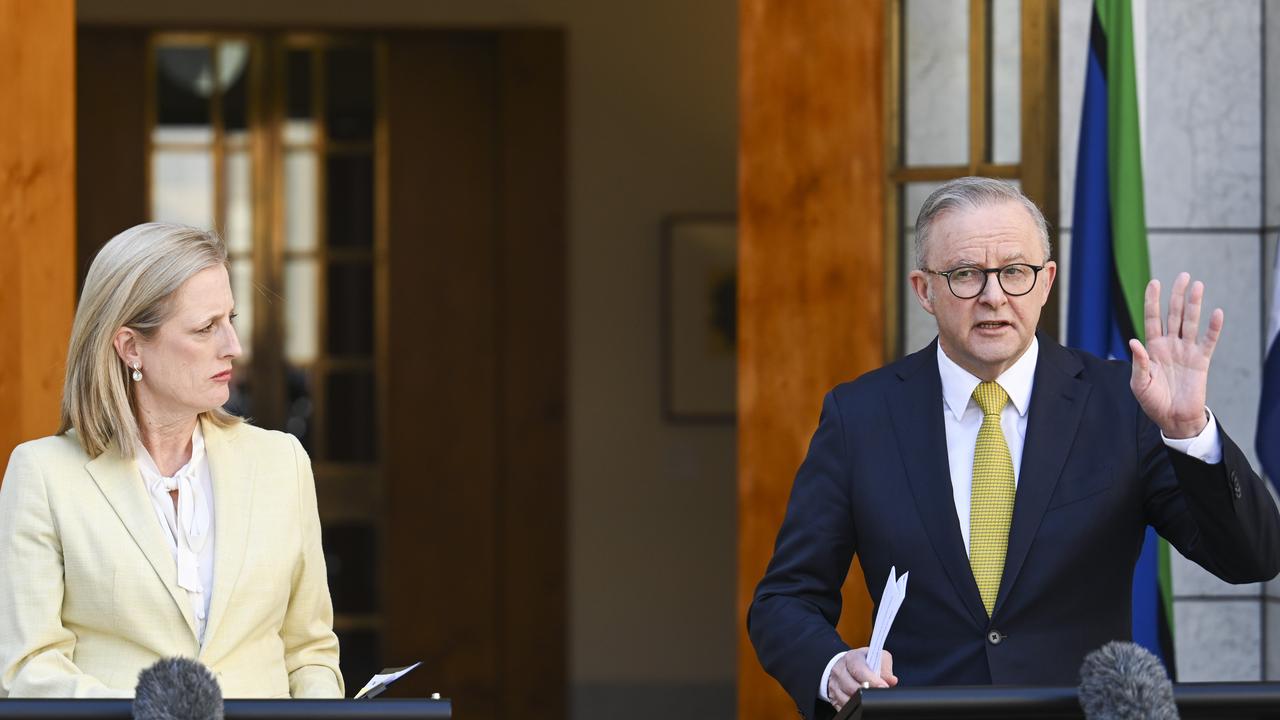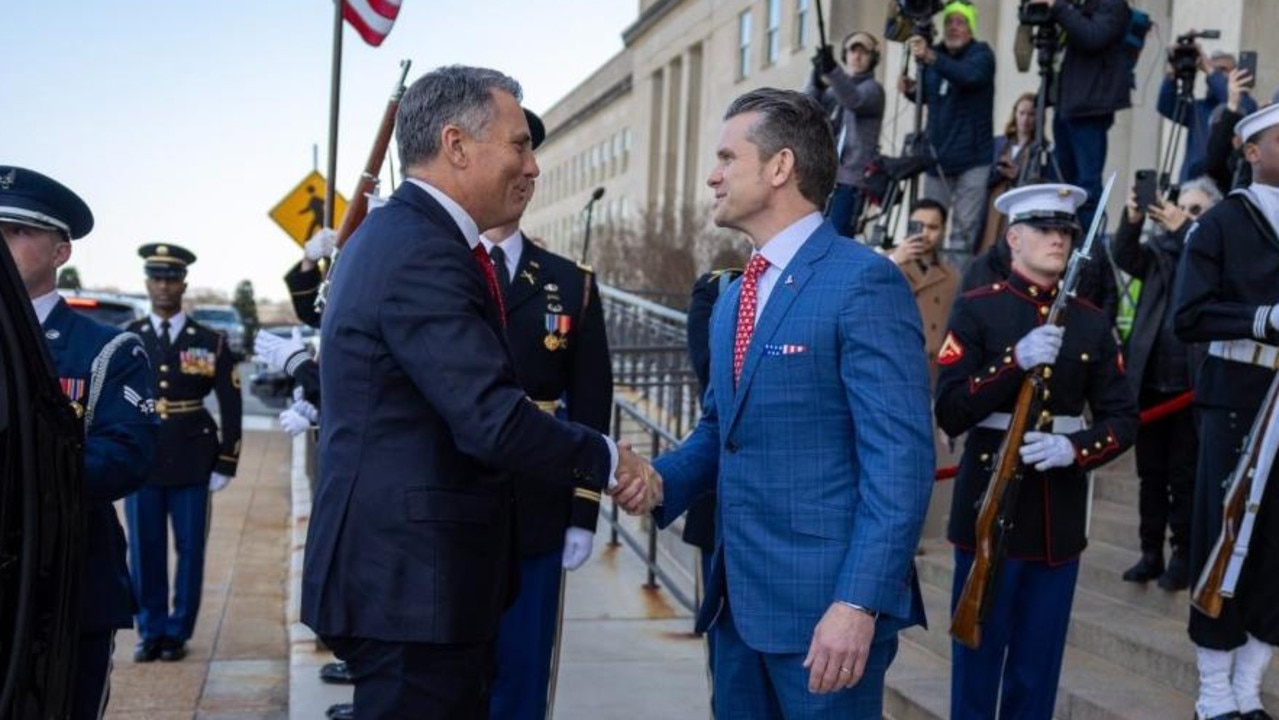States under fire for inaction and incompetence on bushfires
State governments have been accused of failing to properly prepare for a potentially deadly bushfire season.

State governments in NSW, Queensland and Victoria are facing mounting questions over how effectively they prepared for the bushfire crisis gripping the nation, with some agencies consistently failing to reach targets for backburning and other hazard-reduction activities.
Fire authorities in Queensland have not met targets for hazard-reduction burning and other activities to reduce bushfire risk in at least three of the past four years, an official review of last year’s bushfire disaster in the state shows. In Victoria, the Andrews government has come under attack for allegedly hiding the decline in hazard-reduction burns in that state by changing the formula used to measure them.
And in NSW, Deputy Premier John Barilaro has stepped up his attack on the Office of Environment and Heritage, laying part of the blame for the severity of the bushfires on a failure by National Parks and Wildlife Service staff to carry out more hazard-reduction burns in national parks.
Queensland’s Inspector-General of Emergency Management, Iain Mackenzie, was told by Queensland Fire and Emergency Services that, of the 177 hazard-reduction burns it planned in priority areas last year, just 69 (39 per cent) were completed.
The figures were revealed in his review of the 2018 bushfires in central, eastern and north Queensland, when about 200 separate blazes burned more than 520,000ha following a heatwave.
Mr Mackenzie’s review also dwells on the “frustration and fear” of private landholders wanting to backburn but confused about the rules they need to follow amid a myriad of state, federal and local government laws affecting bushfire mitigation.
The review, released in July, follows a Queensland Audit Office report last year criticising Queensland Fire and Emergency Services for missing deadlines to improve the state’s bushfire readiness. The QAO report said the authority had not fully implemented any recommendations the Auditor-General made to improve bushfire readiness in 2014, despite committing to do so by the following year.
Mr McKenzie called for a rethink of laws covering vegetation management after discovering there was widespread confusion among landholders about how existing legislation impacted on their bushfire mitigation plans.
“Given an increasing risk of intense fires, the framework of legislation relating to vegetation management, bushfire mitigation and hazard reduction, together with mitigation and preparation priorities should be reassessed,” he said in his report.
“The reassessment should aim to enable more appropriate and flexible means at the local level for the reduction of intense fires.”
His report also highlighted the frustration of landholders confused by their bushfire risk management responsibilities.
“In talking to landholders, the office heard less bureaucracy was needed. Area Fire Management Groups were described as being too restricted by the rule book to actually mitigate,” the report said.
Victoria’s opposition accused the Andrews government of “hiding cuts” made to reduction burns by abolishing hectare targets in favour of “risk reduction targets”.
Coalition emergency services spokesman Brad Battin accused the government of “failing to prepare” for the coming fire season, despite a key Black Saturday bushfire recommendation the state “fund implementing a program of prescribed burning based on an annual rolling target of 5 per cent minimum of public land.”
“This fire season is predicted to be long and dangerous and because Daniel Andrews has cut planned burns across the state, communities will be placed at risk,” Mr Battin said.
He said he was also concerned about numbers of volunteer firefighters after the Country Fire Authority’s recent annual report showed the government had failed to meet its own operational volunteer target by 5000 firefighters.
A long-running dispute between volunteer firefighters and the Andrews government ended earlier this year in the passage of a bill that will see the CFA become a volunteer-only body and career CFA firefighters at 38 regional locations merged with the Metropolitan Fire Brigade to form Fire Rescue Victoria by mid-2020 — a move seen as a union power grab by CFA members.
Since Labor came to power in 2014, the CFA has lost 3955 operational volunteers.


